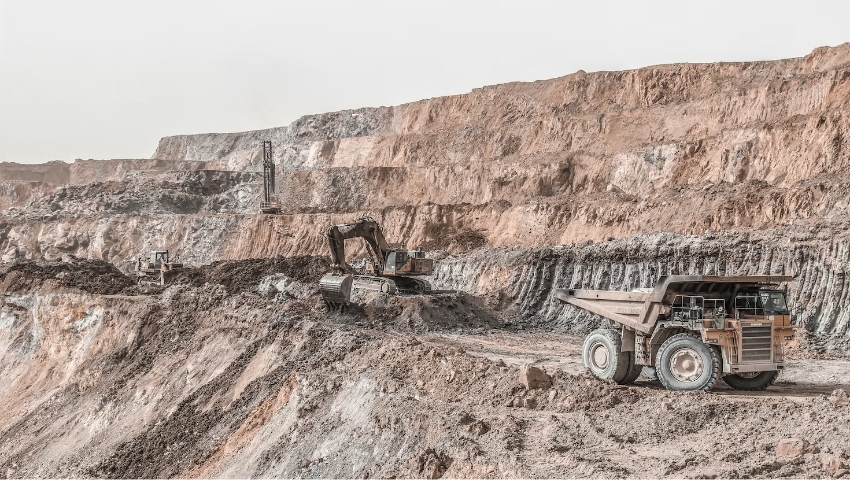
Mining for minerals plays a crucial role in various industries, providing essential raw materials for manufacturing and infrastructure development. However, this process is not without its consequences. In this blog post, we will delve into the environmental impact of mineral mining, exploring the intricate web of effects it has on our planet. From habitat destruction to water pollution, we will uncover the hidden costs of this essential industry.
- Habitat Destruction:
Mining operations often require clearing vast areas of land, leading to the destruction of natural habitats. Forests are cleared, ecosystems are disrupted, and biodiversity is threatened. This loss of habitat can have far-reaching consequences, affecting both plant and animal species, and disrupting the delicate balance of ecosystems. - Soil Degradation:
Mining activities can result in significant soil degradation. Excavation and extraction processes can strip away topsoil, leaving behind barren landscapes that are unable to support vegetation. This soil erosion can lead to increased runoff and the loss of fertile land, impacting agricultural productivity in surrounding areas. - Water Pollution:
One of the most significant environmental impacts of mineral mining is water pollution. During the extraction process, chemicals and heavy metals can leach into nearby water sources, contaminating rivers, lakes, and groundwater. This pollution not only affects aquatic life but also poses a threat to human health, as these contaminated water sources may be used for drinking or irrigation. - Air Pollution:
Mining operations can contribute to air pollution through various mechanisms. Dust and particulate matter generated during excavation and transportation can degrade air quality, leading to respiratory issues for both humans and wildlife. Additionally, the release of harmful gases, such as sulfur dioxide and nitrogen oxides, during mineral processing can contribute to acid rain and further degrade air quality. - Climate Change:
Mineral mining also has implications for climate change. The extraction and processing of minerals often require significant energy inputs, contributing to greenhouse gas emissions. Furthermore, the destruction of forests and other natural carbon sinks during mining operations reduces the planet's capacity to absorb CO2, exacerbating the effects of climate change.
Conclusion:
Mining for minerals is an essential industry that fuels economic growth and technological advancements. However, it is crucial to recognize and address the environmental impact associated with this activity. From habitat destruction to water and air pollution, the consequences of mineral mining are far-reaching and require careful consideration. By implementing sustainable practices, investing in research and development, and promoting responsible mining regulations, we can mitigate these environmental impacts and ensure a more sustainable future for both the mining industry and our planet.


